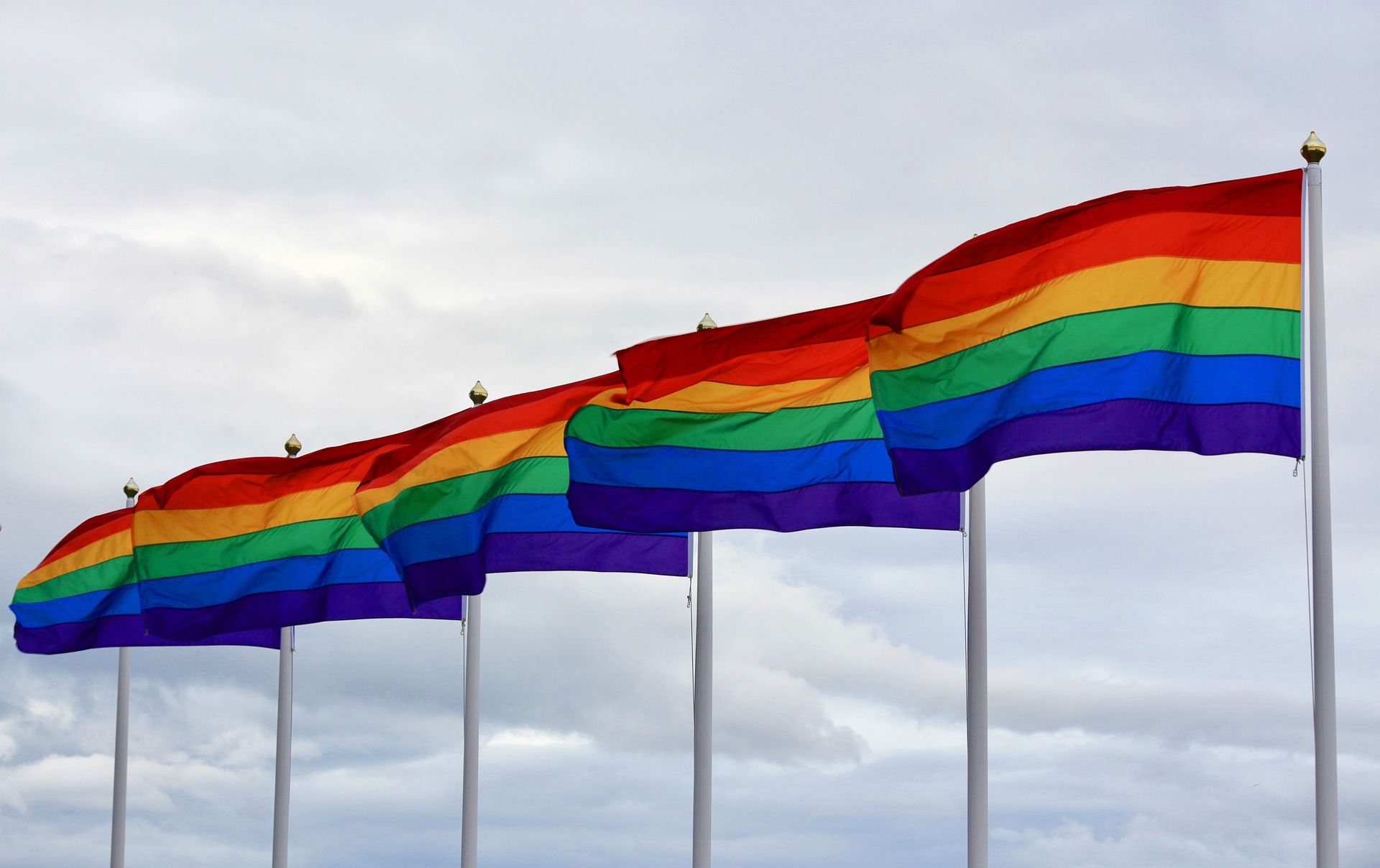
The concept of family has evolved significantly over time, driven in part by societal changes and advancements in LGBTQ+ rights. The legal landscape surrounding family law has also shifted, with constitutional principles and landmark Supreme Court decisions playing a crucial role in shaping our understanding of what constitutes a family. In this article, we will explore the evolution of the definition of ‘family’ and examine the constitutional implications of LGBTQ+ rights on family law. We will discuss key Supreme Court cases, relevant constitutional provisions, and the impact these changes have had on areas such as marriage, adoption, and divorce for LGBTQ+ individuals.
Landmark Supreme Court Cases and the Constitutional Protection of LGBTQ+ Rights
Several landmark Supreme Court cases have significantly impacted LGBTQ+ rights and, by extension, family law. These cases have established constitutional protections for LGBTQ+ individuals, particularly concerning the fundamental right to marry and equal protection under the law.
Lawrence v. Texas (2003): This case marked a turning point for LGBTQ+ rights in the United States. The Supreme Court struck down a Texas law that criminalized consensual same-sex sexual conduct, holding that such laws violated the Due Process Clause of the 14th Amendment. The decision in Lawrence laid the groundwork for future cases involving LGBTQ+ rights and family law.
United States v. Windsor (2013): In Windsor, the Supreme Court invalidated a key provision of the Defense of Marriage Act (DOMA) that defined marriage as a legal union between one man and one woman for federal purposes. The Court held that DOMA violated the Due Process and Equal Protection Clauses of the 5th Amendment, as it denied legally married same-sex couples the same federal benefits and protections afforded to opposite-sex couples.
Obergefell v. Hodges (2015): Perhaps the most significant decision in terms of LGBTQ+ rights and family law, Obergefell established that the fundamental right to marry is guaranteed to same-sex couples under the Due Process and Equal Protection Clauses of the 14th Amendment. This historic ruling effectively legalized same-sex marriage across the United States and had profound implications for family law matters, including adoption, child custody, and divorce.
Marriage Equality and Its Impact on Family Law
The recognition of marriage equality in Obergefell v. Hodges has had a profound impact on family law. By granting same-sex couples the same constitutional right to marry as opposite-sex couples, the Supreme Court paved the way for greater legal protections and access to the rights and benefits associated with marriage.
Adoption: Marriage equality has expanded adoption rights for LGBTQ+ individuals and couples. Many states previously restricted adoption by same-sex couples or unmarried individuals. With the legalization of same-sex marriage, these discriminatory policies have been rendered unconstitutional, allowing LGBTQ+ couples to adopt on an equal basis with opposite-sex couples.
Child Custody and Visitation: Prior to marriage equality, same-sex couples often faced challenges in securing child custody and visitation rights. Courts may have been less likely to grant custody or visitation rights to a non-biological parent in a same-sex relationship. However, with the recognition of same-sex marriage, LGBTQ+ couples are now afforded the same legal protections and rights as opposite-sex couples in child custody and visitation matters.
Divorce: Marriage equality has also extended the right to divorce to same-sex couples, ensuring that they have access to the same legal process and protections as opposite-sex couples. This includes the equitable distribution of marital assets, spousal support, and access to the courts for resolving disputes.
Challenges and Ongoing Issues for LGBTQ+ Families in Family Law
Despite significant progress in LGBTQ+ rights and family law, several challenges and ongoing issues remain for LGBTQ+ families. These include issues related to parental rights and discrimination.
Parental rights and recognition: For LGBTQ+ couples with children, establishing legal parental rights can still be challenging, particularly for non-biological parents. In some cases, courts may be hesitant to recognize a non-biological parent’s rights to their child, even if the parent has played a significant role in the child’s upbringing. LGBTQ+ families may need to take additional legal steps, such as obtaining a second-parent adoption or securing a court order, to ensure that both parents’ rights are recognized and protected.
Discrimination in family law proceedings: Although the Supreme Court has established marriage equality and constitutional protections for LGBTQ+ individuals, discrimination may still be present in family law proceedings. Some judges or court personnel may hold biased views or make decisions based on stereotypes about LGBTQ+ individuals and families. It is essential for attorneys representing LGBTQ+ clients in family law cases to be vigilant in addressing and combating any discrimination that may arise during the legal process.
Conclusion
The evolving definition of ‘family’ and its constitutional implications have significantly impacted family law and the rights of LGBTQ+ individuals. Landmark Supreme Court cases such as Lawrence v. Texas, United States v. Windsor, and Obergefell v. Hodges have established important constitutional protections and fundamentally changed the landscape of family law, ensuring greater equality for LGBTQ+ families. However, challenges and ongoing issues remain, highlighting the need for continued legal advancements and advocacy to ensure that the rights of LGBTQ+ families are fully recognized and protected. As family law continues to evolve, it is essential for legal professionals to remain informed and proactive in addressing the unique needs and concerns of LGBTQ+ clients.
Image Credit: Pixabay: Filmbetrachter
 Law Office of Jason Ostendorf LLC
Law Office of Jason Ostendorf LLC